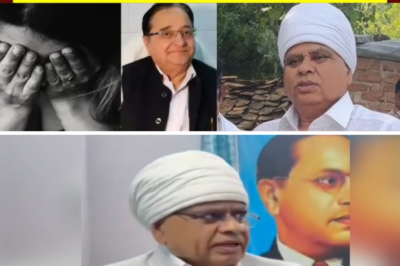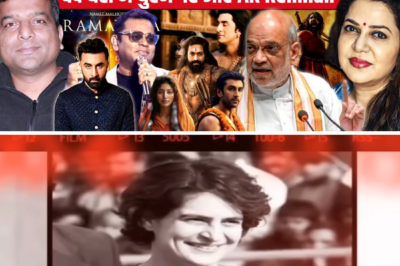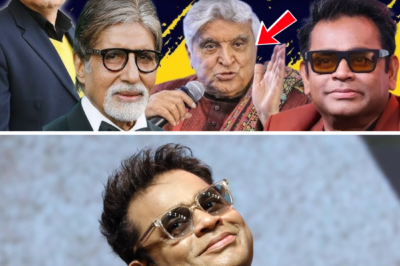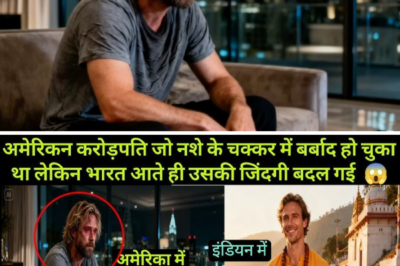A persistent question has echoed across India for the past 11 years: Will Prime Minister Narendra Modi ever hold a press conference? Despite being in office for over a decade, Modi has yet to face the press in an open, unscripted format—a record that has drawn increasing scrutiny from the opposition and select sections of the public.
A Record of Silence
As the Modi government marked its 11th anniversary, the Congress party and Trinamool Congress raised this issue with renewed vigor. Yet, curiously, the mainstream media has largely sidestepped the question. How many newspapers have published editorials on the Prime Minister’s avoidance of press conferences? How many TV anchors have directly asked why Modi does not face the media, especially when opposition leader Rahul Gandhi regularly holds press conferences and answers tough questions?
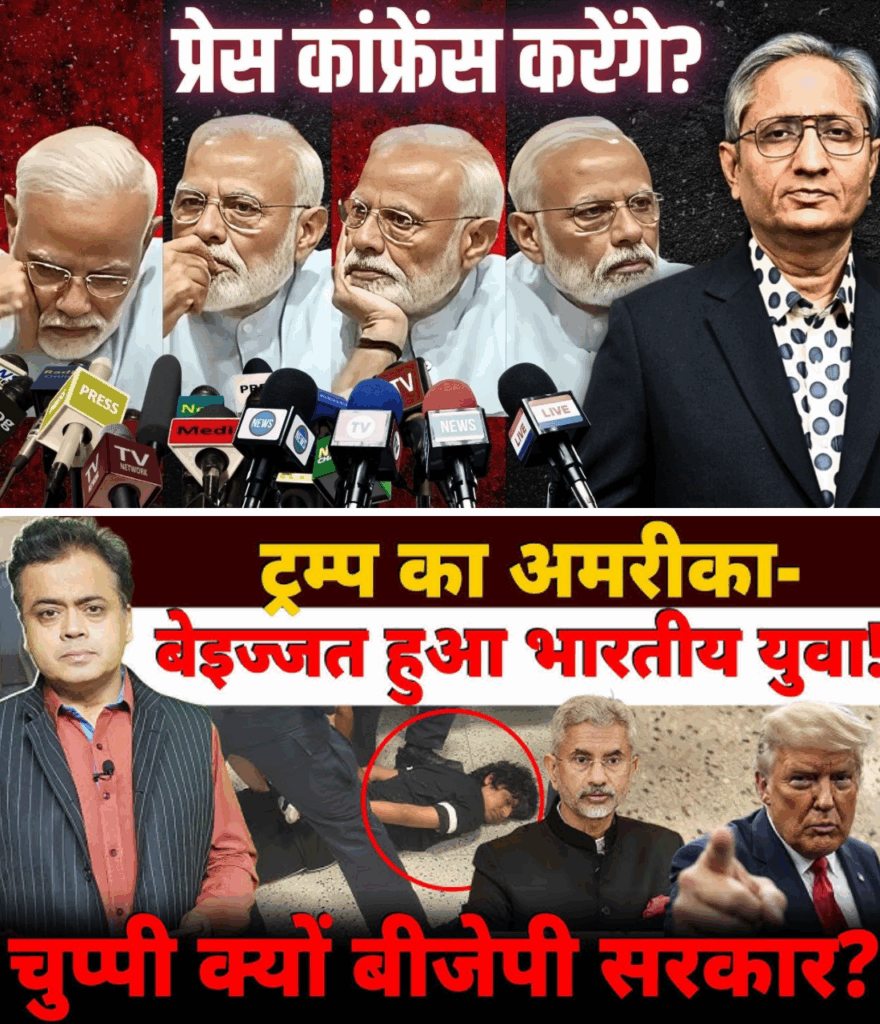
Over 4,000 days have passed since Modi took office, yet not a single open press conference has taken place. Instead, the Prime Minister has preferred carefully managed interviews with friendly journalists or one-sided addresses such as “Mann Ki Baat.” While party leaders and ministers, including BJP President JP Nadda, have addressed the press, the Prime Minister himself remains absent.
Scripted Interactions, Avoided Questions
When the rare interviews do occur, the questions often lack substance, focusing on trivial matters like how Modi eats mangoes, rather than pressing issues such as inequality, economic decline, unemployment, or foreign policy failures. Critics argue that these interactions are orchestrated to avoid uncomfortable questions.
At a recent BJP press conference marking the government’s 11th anniversary, questions about Modi’s absence from the press were deflected. JP Nadda insisted there was no problem with party leaders addressing the media, but avoided answering why the Prime Minister himself never does.
Comparisons with Global Leaders
The contrast with global leaders is stark. For example, in just the first 100 days of his term, U.S. President Donald Trump held five joint press conferences, gave 51 interviews, and answered 139 questions from the press. Even during periods of tension with the media, American journalists continued to ask tough questions, sometimes drawing the President’s ire but never surrendering their right to hold him accountable.
In France, President Emmanuel Macron has also faced criticism for holding fewer press conferences, but the issue is widely discussed and debated in the French media. In India, however, the mainstream media seems reluctant to challenge Modi’s media strategy.
Media Under Pressure
The question arises: Is the Indian media still capable of holding the Prime Minister accountable? In recent years, there have been increasing reports of media restrictions, suppressed stories, and a decline in investigative journalism. Incidents like the Kumbh Mela stampede, the Bengaluru tragedy, and mishandling during the COVID-19 crisis have seen limited questioning of government accountability.
Opposition parties routinely demand a press conference from the Prime Minister, but the media rarely amplifies these calls. Even when journalists do get a chance to ask questions—such as during the 2019 BJP headquarters event after the general elections—Modi has deferred answers to other party leaders, notably Amit Shah.
Why the Reluctance?
Many speculate that Modi avoids press conferences to escape unscripted, challenging questions about his government’s record on the economy, unemployment, social issues, and controversial policies like demonetization and GST. In a live press conference, the questions are unpredictable—unlike in pre-arranged interviews or monologues.
The Global Context
While media suppression is a concern worldwide, with even the U.S. seeing a decline in press briefings, journalists there continue to ask tough questions—sometimes risking their jobs or facing presidential anger. In India, by contrast, the mainstream media’s reluctance to ask difficult questions has led to a culture of deference rather than accountability.
As India’s democracy matures, the absence of open press conferences by the Prime Minister raises serious questions about transparency and accountability. The media, often called the fourth pillar of democracy, must reclaim its role as a watchdog, not a cheerleader. The real issue is not just whether Modi will ever hold a press conference, but whether the Indian press is ready and willing to ask the questions that matter.
Until then, the silence continues.
News
रेप पर गैर-जिम्मेदार बयान और राजनीति की गिरती संवेदनशीलता: सवाल नेताओं की सोच पर
रेप पर गैर-जिम्मेदार बयान और राजनीति की गिरती संवेदनशीलता: सवाल नेताओं की सोच पर भारत में यौन हिंसा जैसे गंभीर…
महिलाओं पर शर्मनाक बयान, विपक्ष की Dirty Politics बेनकाब | Phool Singh Baraiya | ST Hassan | N18V
रेप पर गैर-जिम्मेदार बयान और राजनीति की गिरती संवेदनशीलता: सवाल नेताओं की सोच पर भारत में यौन हिंसा जैसे गंभीर…
रामायण Film के बायकाट की तैयारी, घुटनों पर आए AR Rahman l Chandra Prakash l Anju Pankaj
ए.आर. रहमान के बयान पर बढ़ता विवाद: कला, पहचान और बदलता बॉलीवुड प्रसिद्ध संगीतकार ए. आर. रहमान द्वारा हाल ही…
भारत में A R Rahman जैसे एक नहीं अनेक हैं ! | Bollywood, Amitabh Bachchan | Global Harsh
ए. आर. रहमान का बयान: क्या वाकई बॉलीवुड में सांप्रदायिक भेदभाव है? हाल ही में मशहूर संगीतकार ए. आर. रहमान…
जब टूटना ही शुरुआत बन गया
जब टूटना ही शुरुआत बन गया कैलिफ़ोर्निया की सुबह हमेशा की तरह सुनहरी थी। सूरज की किरणें ऊँची इमारतों के…
अमेरिकन करोड़पति जो बिजनेस में बर्बाद हो चुका था लेकिन भारत बाते ही उसकी जिंदगी बदल गई थी 😱
जब टूटना ही शुरुआत बन गया कैलिफ़ोर्निया की सुबह हमेशा की तरह सुनहरी थी। सूरज की किरणें ऊँची इमारतों के…
End of content
No more pages to load

